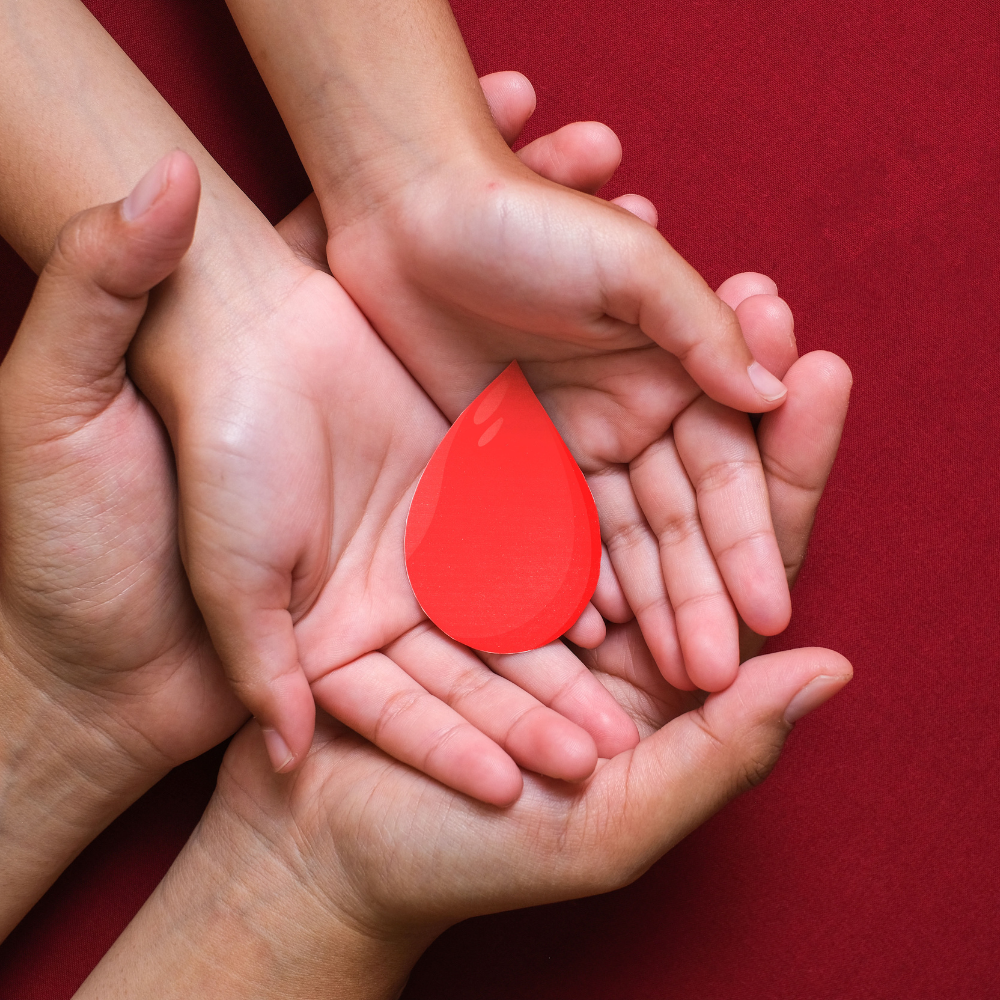Australian blood donor who saved 2.4 million babies passes away at 88
James Harrison, one of the world’s most prolific blood donors whose plasma helped save more than two million babies, has passed away at the age of 88. His family confirmed that he died peacefully in his sleep at a nursing home in New South Wales, Australia, on February 17. Harrison, known in Australia as the “Man with the Golden Arm,” possessed a rare antibody in his blood known as Anti-D. This antibody is crucial in producing a medication that prevents a life-threatening blood disorder in unborn babies, known as haemolytic disease of the fetus and newborn (HDFN).
Harrison’s remarkable journey as a donor began after he underwent major chest surgery at the age of 14, during which he received life-saving blood transfusions. Deeply moved by the experience, he vowed to give back and started donating his blood plasma at 18. He continued to do so every two weeks for over six decades, stopping only at the age of 81 due to donor age restrictions.
His commitment earned him a Guinness World Record in 2005 for the most blood plasma donations, a title he held until 2022 when he was surpassed by a donor in the United States. The Australian Red Cross Blood Service, known as Lifeblood, paid tribute to Harrison, recognizing his immense contribution to medical science and the countless families he helped.
Harrison’s selfless donations played a vital role in the development and ongoing production of Anti-D injections, which protect babies from HDFN. The disorder occurs when a pregnant woman’s immune system mistakenly attacks the red blood cells of her baby, leading to severe anaemia, heart failure, or even death.
Before Anti-D treatments were introduced in the mid-1960s, half of the babies diagnosed with HDFN did not survive. Thanks to Harrison and other Anti-D donors, thousands of babies are now born safely every year. There are fewer than 200 active Anti-D donors in Australia, but their plasma assists approximately 45,000 mothers and babies annually.
Harrison’s impact was deeply personal for his own family as well. His daughter, Tracey Mellowship, and two of his grandchildren received Anti-D immunizations. Reflecting on his legacy, Mellowship shared that her father was immensely proud of his contributions. She recalled that he always emphasized the importance of donating blood, saying that it was painless yet life-saving, and that the life someone saves could even be their own.
As the number of Anti-D donors remains limited, researchers are exploring alternative ways to produce the life-saving antibody. Lifeblood is collaborating with Australia’s Walter and Eliza Hall Institute of Medical Research to replicate Anti-D in laboratories by cultivating blood and immune cells from donors like Harrison.
Dr. David Irving, Lifeblood’s research director, described the creation of lab-made Anti-D as a “holy grail” in medicine. However, he noted that developing a reliable alternative remains a challenge, given the rarity of suitable donors and the need for high-quality antibody production. Though Harrison is no longer with us, his legacy lives on through the millions of lives he saved and the ongoing research inspired by his generosity.










